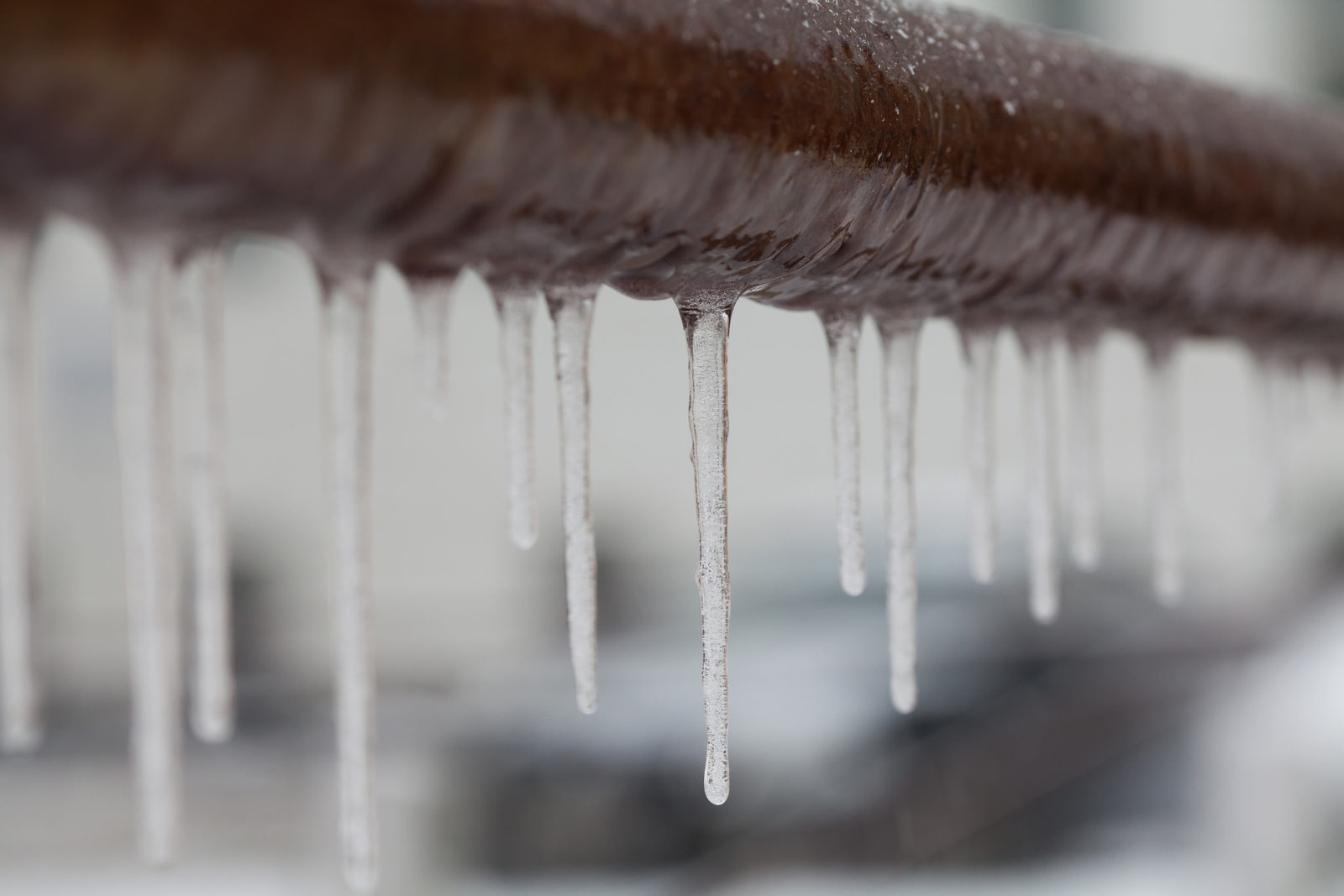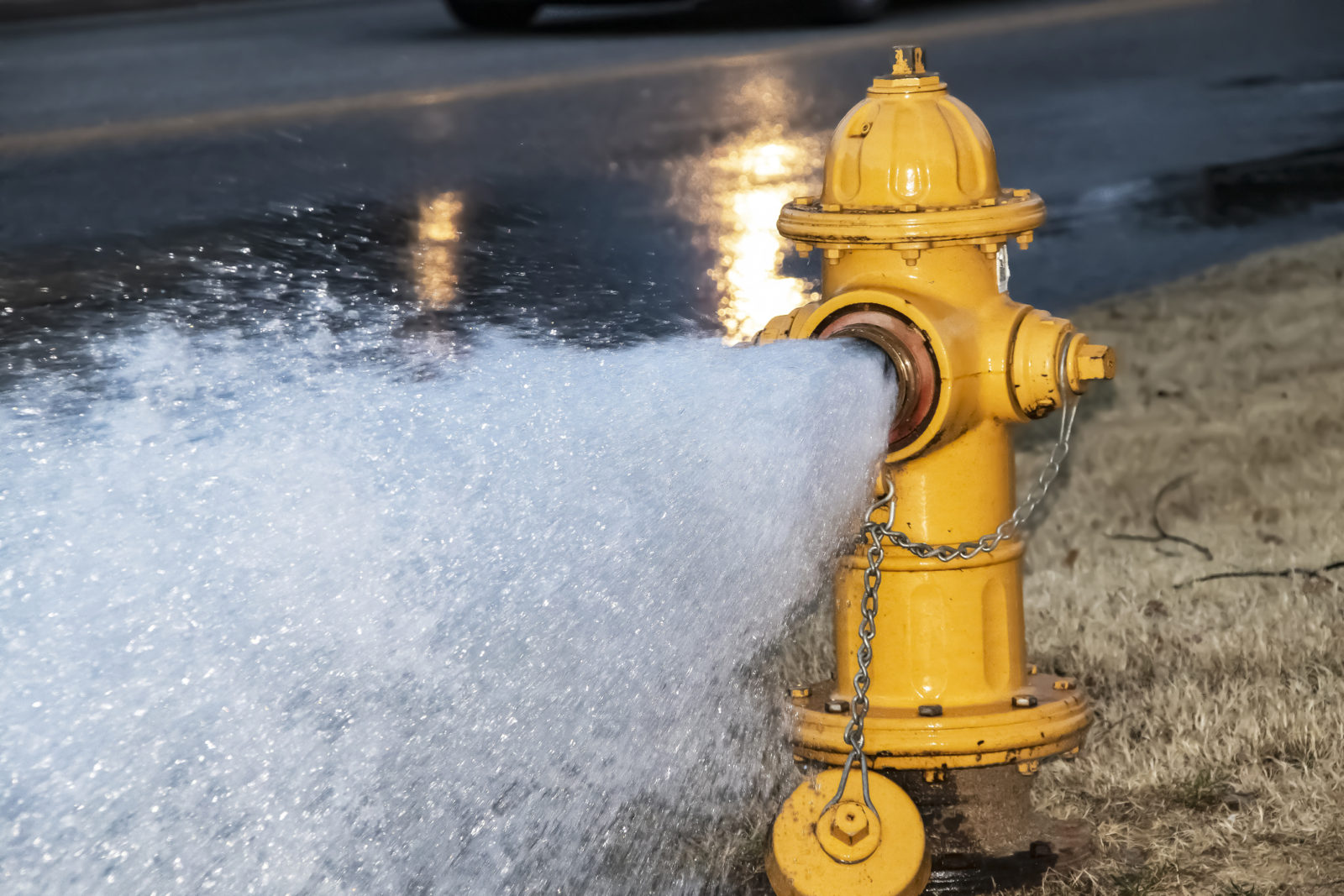water safety

Celebrate Drinking Water Week with LCA!
May 5, 2024It’s our favorite time of the year: the American Water Works Association’s annual Drinking Water Week! “Water is not just a resource; water is LIFE,” says LCA Chief Executive Officer Liesel Gross. “Every drop we care for and conserve today helps to ensure a sustainable tomorrow.” Clean, safe water is essential to protecting public health…

Enjoy The Water—But Make Safety Your First Priority
June 1, 2023Memorial Day weekend marked the traditional, unofficial start of summer—and swimming season. But before you or your children take to the region’s pools and waterways to cool off, we hope you’ll take a few minutes to review some water safety tips that can spare a lifetime of heartache. There are about 11 drowning deaths each day…

This Summer, Make Water Safety a Priority
June 1, 2021Despite a cool, rainy start over the Memorial Day weekend, swimming season is upon us. Before long, summer will be in full swing and the region’s pools, creeks, lakes, water parks and rivers will be packed with swimmers, boaters, anglers and people just looking to beat the heat by splashing around. And as we emerge…

Winter Weather Tips to Protect Your Pipes and Water Meter!
February 5, 2021Winter is here, and temperatures are regularly dipping below freezing. Have you checked on your water meter lately? It is important to check your house to ensure your water meter and any water lines that are in unheated or exposed areas, such as a basement or crawl space, are insulated or wrapped in heat tape. (If…

No Matter How Hot, Opening a Hydrant Isn’t Cool
July 22, 20202020 has certainly brought its share of challenges, including beating the heat. Pandemic restrictions in place to keep the public safe have prevented most public pools and other swimming areas from opening. Frustrations are rising along with the temperature. Still, while it might be tempting to crack open a fire hydrant and cool off, DON’T….
Attack of the Pink Slime? Don’t Be Alarmed!
February 11, 2020We occasionally get calls from concerned customers asking about a pink, slimy substance that forms in pet water dishes, around toilet bowls and drains, on tiles and in shower stalls. So what’s the source of this gruesome goo? We can assure you of two things: 1.) It’s not caused by anything in the water you’re…
Lehigh County Authority Employees Win Two Wastewater Treatment Awards
November 26, 2019LCA was honored with two awards from the Eastern Pennsylvania Water Pollution Control Operators Association earlier this month. The first award, for Industrial Pretreatment, recognizes the staff at LCA’s Industrial Pretreatment Plant in Fogelsville and The Kline’s Island Wastewater Treatment Plant in Allentown for their diligent work to meet the requirements of the EPA-mandated pretreatment…
How Is Liquid Waste Treated? It’s All About Biology
September 16, 2019As part of our ongoing series explaining the wastewater treatment process, we’ve discussed how solids are removed from wastewater, how we use waste to create energy, what happens to the byproducts of treatment, and even what happens to things that should not be flushed. Now we’re going to explain what happens to the liquid waste:…
Why Does Wastewater Need to be Treated?
May 1, 2019Above, untreated wastewater pollutes a waterway in India. If you’ve been following along, you’ll know we’ve been doing a series of posts explaining how wastewater is treated. In our last one, we talked about how solids are removed from wastewater, then sent to the primary settling tanks for stabilization and treatment. What we haven’t covered…
Sludge 101: How Solids Are Removed From Wastewater
April 5, 2019Ever been curious about how water gets to your tap? Ever wonder what happens after you flush the toilet? Join us for our series of semi-regular posts in which to try to demystify the process. This is our fourth in the series. In our last post, we talked about the screening process — how we get…
- 2
- Page 1 of 15 results